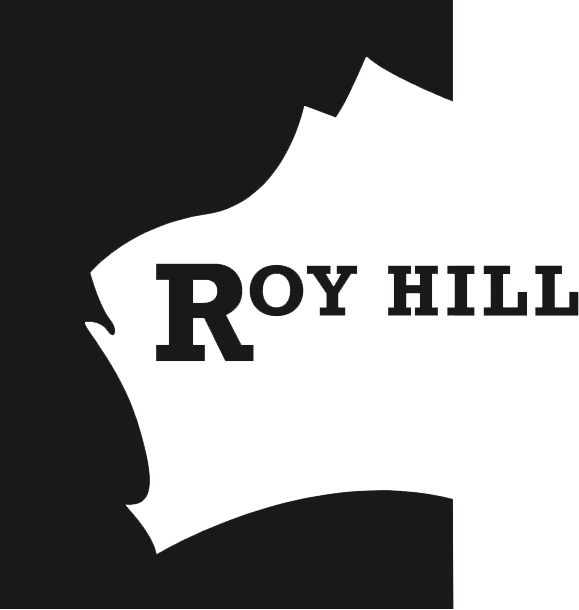News
News
Gina Rinehart: Govt strangling of Australia’s world-leading mining, agriculture industries is creating a ‘nightmare’ scenario for our children
22.11.2023
And, as has been reported widely, changing IR policy which will make it more difficult for agriculture, mining and many businesses to create the revenue our hugely in debt country needs. If this scenario is not changed, our youth should understand we are creating a nightmare for them - that they will be struggling with high taxes for the rest of their lives. Many will need to forget about the Aussie dream of owning their own home, as they won’t be able to afford such an investment after meeting government tax burdens. Even in schools, governments have been content to not educate children and grandchildren well. In the current high school national curriculum, which mandates what every school child in Australia is taught, iron ore is referenced only twice. Yet climate change and renewable energy are mentioned 48 times. Mining, coal, and iron ore do not receive even one mention in the entire high school economics and business curriculum!
Read moreDon’t forget how we got so lucky
22.11.2023
Mrs Rinehart said governments "seem to forget" that "modern resources and agricultural industries underpin human flourishing", while reigniting her push for the Federal Government to mark two days in November as national days for the two sectors. "For all the platitudes we hear about supporting the agricultural and resources sectors, their actions show the opposite," she said of governments. "Platitudes and press releases don’t lift a single tonne of any mineral out of the ground." Mrs Rinehart said the growing burden of red tape - including looming "huge increases" to the Environment Protection and Biodiversity Conservation Act — and increasing regulation around net zero emissions, were evidence that government actions defied their supposed support for the sector.
Read moreMEDIA RELEASE | Bannister Downs Dairy Wins Coveted 2024 People’s Choice Product of the Year
21.11.2023
Bannister Downs Dairy is celebrating a milestone win, announced as Western Australia’s 2024 People’s Choice Product of the Year for its Farm Fresh Milk, at the 2024 WA Good Food Guide Awards held at the Fremantle Passenger Terminal. BANNISTER DOWNS DAIRY, a partnership between the Daubney Family and Australia’s leading private company, Hancock Prospecting (HPPL), led by its Executive Chairman Mrs Gina Rinehart AO are thrilled to secure the coveted people vote. BANNISTER DOWNS DAIRY’s Managing Director, Ms Suzanne Daubney said this win is a true measure of the team’s hard work and consumer love for the WA owned and produced milk.
Read moreHonour industries that transformed Australia
21.11.2023
Australia has long been a nation of primary producers, of farmers and miners who go out into regional and outback areas and contend with whatever nature may throw at them to provide the food, fibre and raw materials that we need to survive and thrive. We have cultivated agriculture that feeds and clothes Australians and tens of millions of people around the world. And we have taken risks and developed the minerals that have enabled higher living standards across Australia and the world. Thanks to our primary industries and the many businesses they support, we live in one of the wealthiest countries that has ever existed, and Australians today have among the highest standards of living ever experienced by human beings.
Read moreGina generously shells out for rowers
20.11.2023
Billionaire mining mogul Gina Rinehart has again shown her support for Olympic hopefuls, donating a state-of-the-art carbon kevlar racing shell to the Swan River Rowing Club through her Roy Hill mining venture. The Empacher racing eight — understood to be worth about $100,000 — will be imported from Germany to support the women’s youth program at the club. It will be painted pink in a nod to Roy Hill’s long-term commitment to breast cancer research. The top-flight boat is also a thank you from the company, who earlier this year had a team trained by the rowing club’s coaches, ahead of Rowing WA’s Corporate Cup regatta.
Read moreRegulatory war via red tape on resources
16.11.2023
Shadow resources minister Susan McDonald has accused the Federal Government of a “regulatory war” on oil and gas as red tape drags on more than $20 billion of investment. Writing in The West Australian on Wednesday, the Queensland Liberal-National senator claimed the Government was sacrificing the oil and gas industry — the State’s second-biggest exporter — to win green votes in Sydney.
Read moreWinners celebrated at the 2023 Prospect Awards
10.11.2023
The 2023 Australian Mining Prospect Awards were held last night in Brisbane, celebrating the mining industry and those working in it who are going above and beyond. Congratulations to all nominees, finalists and winners of the 2023 Australian Mining Prospect Awards.
Read moreRoy Hill named Australian Mine of the Year
09.11.2023
Celebrating their 20th anniversary, the 2023 Prospect Awards presented Roy Hill with the Australian Mine of the Year and the Innovative Mining Solution Award
Read more











